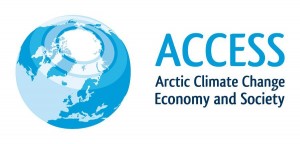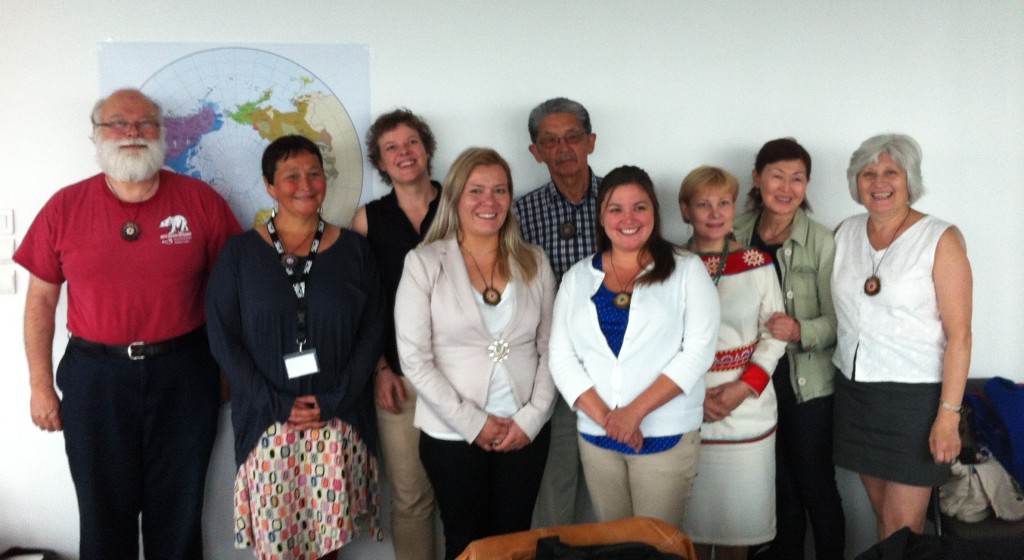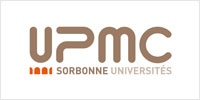Last week, ACCESS  – the ICE-ARC predecessor project – held a workshop on Arctic Indigenous People and the results of the project on the long term climate change effect on the Arctic. This was hosted by the ACCESS coordinator at the University of Pierre and Marie Curie (UPMC) in Paris (9th-10th July 2014).
– the ICE-ARC predecessor project – held a workshop on Arctic Indigenous People and the results of the project on the long term climate change effect on the Arctic. This was hosted by the ACCESS coordinator at the University of Pierre and Marie Curie (UPMC) in Paris (9th-10th July 2014).
Ten indigenous peoples attended from around the Arctic – Inuit from Greenland, Sami from Norway, Sweden, and Russia, Aleut from the USA (Alaska), Gwich’in from Canada and Athabaskan from Canada – see photo of participants below.
For each of the work areas in ACCESS (an EU FP7 project – Arctic Climate Change Economy and Society), members of the project gave an overview of results obtained (ACCESS is in its final year now) – and the workshop participants discussed the thoughts, impacts, and priorities of the different IPs.
The range of different opinions, approaches, and needs, of the different groups means wide ranging methods for communication and dissemination (of ACCESS and ICE-ARC results) will be needed. For example many IPs have good internet access – in towns and some rural areas (eg Sami reindeer hunters use e-learning), some remote communities have either no access or slow and unreliable. Radio is therefore the best tool here.
The affects of climate change are important in different areas for the different IPs – whether it is on fisheries (migration), marine mammals (ecosystem changes), or travel access (loss of sea-ice reduces access and thinner ice increases danger).
ICE-ARC will be interviewing Inuit hunters in Greenland – through an open discussion approach, without a specific agenda or questions – an approach approved by the IPs present. In addition, we will be giving instruments to hunters to place on their sleds to measure the sea-ice on their commuting and hunting routes. Local schools will also be engaged in the project. Whilst the focus of ICE-ARC will be on Greenland through the EU funding, we hope to collaborate groups/projects in other parts of the Arctic, who are also stakeholders in the project.
The topics discussed in the workshop will be reported more fully in an ACCESS Newsletter (no.10) – to be published shortly.



